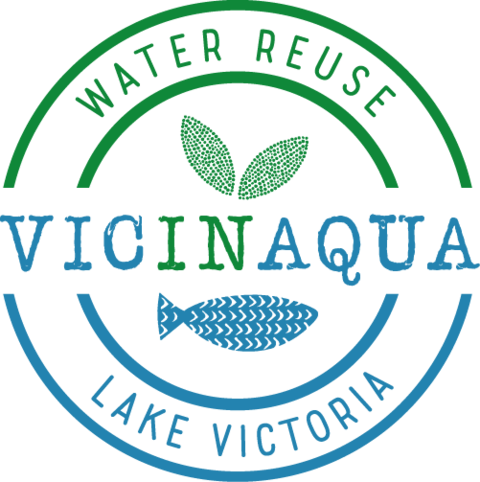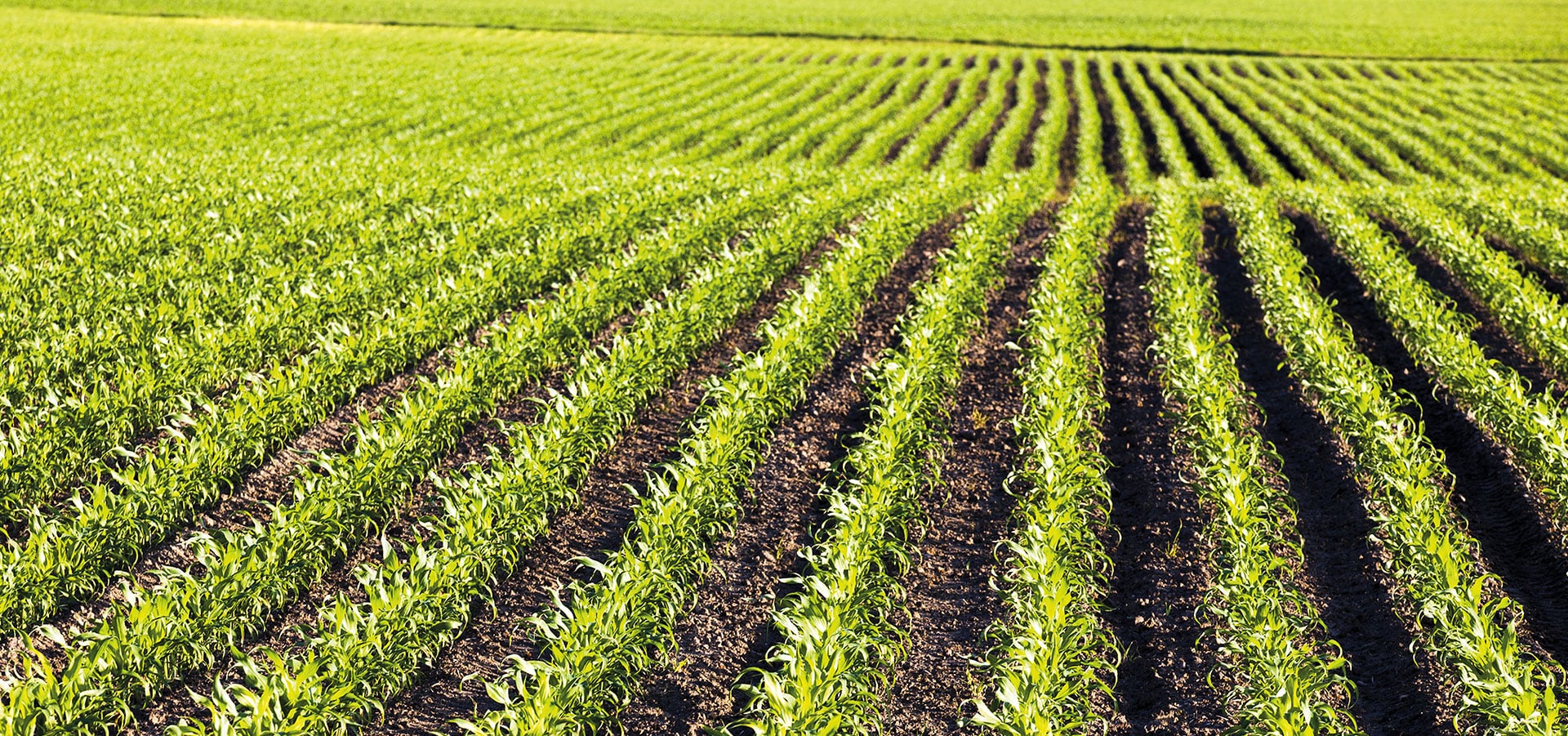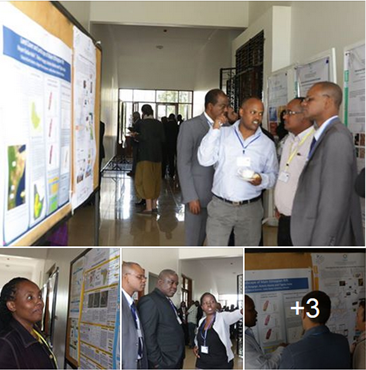Organised by the FLOWERED team an on 18 July 2017 in Arusha, Tanzania, this international workshop presented the FLOWERED project to a variety of local, public and private stakeholders as well as to civil society organisations. The event was also a great occasion to share knowledge and best practices on various water issues with sister projects funded under the same topic (WATER-5c-2015 - Development of water supply and sanitation technology, systems and tools, and/or methodologies), such as VicInAqua.
Partner STIPRO (Science, Technology and Innovation Policy Research Organization, Tanzania) attended to give an oral presentation of VicInAqua and described the project concept into more details during the poster session. Possible common actions and solutions were also discussed with FLOWERED representatives, especially in the field of effective and responsible water resource management.
The whole VicinAqua consortium is thankful for having been invited and is looking forward to further synergies with FLOWERED!
FLOWERED (de - FLuoridation technologies for imprOving quality of WatEr and agRo - animal products along the East African Rift Valley in the context of aDaptation) objective is to contribute to the development of a sustainable water management system in areas affected by fluoride (F) contamination in water, soils and food in the African Rift Valley countries (Ethiopia, Kenya, Tanzania), thus to improve living standards (environmental, health and food security) of its population. The project is funded by the European Union’s research and innovation programme Horizon 2020 under grant agreement number 690378.




